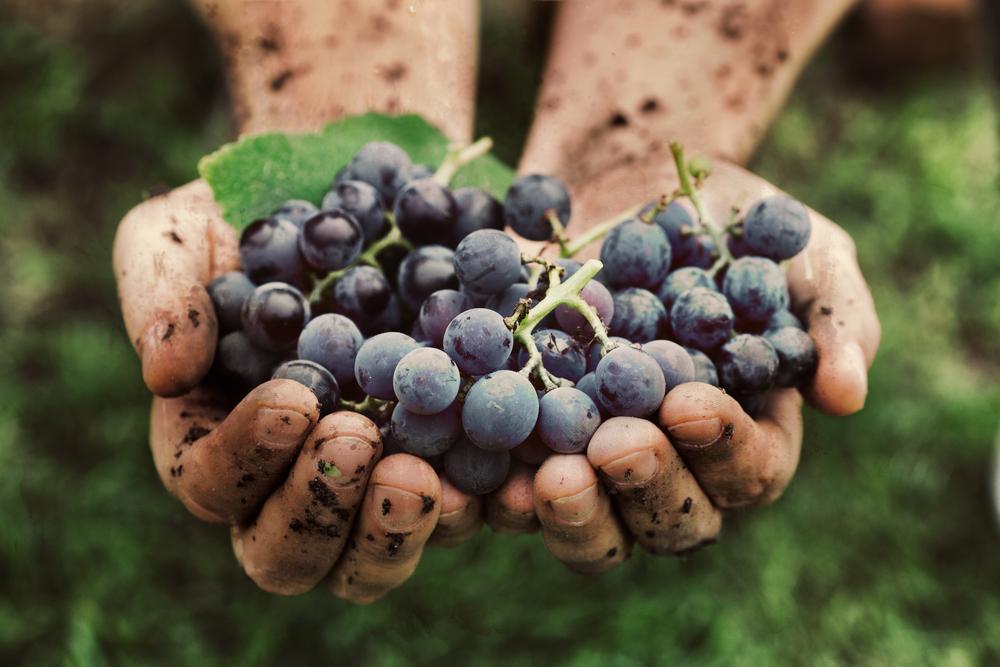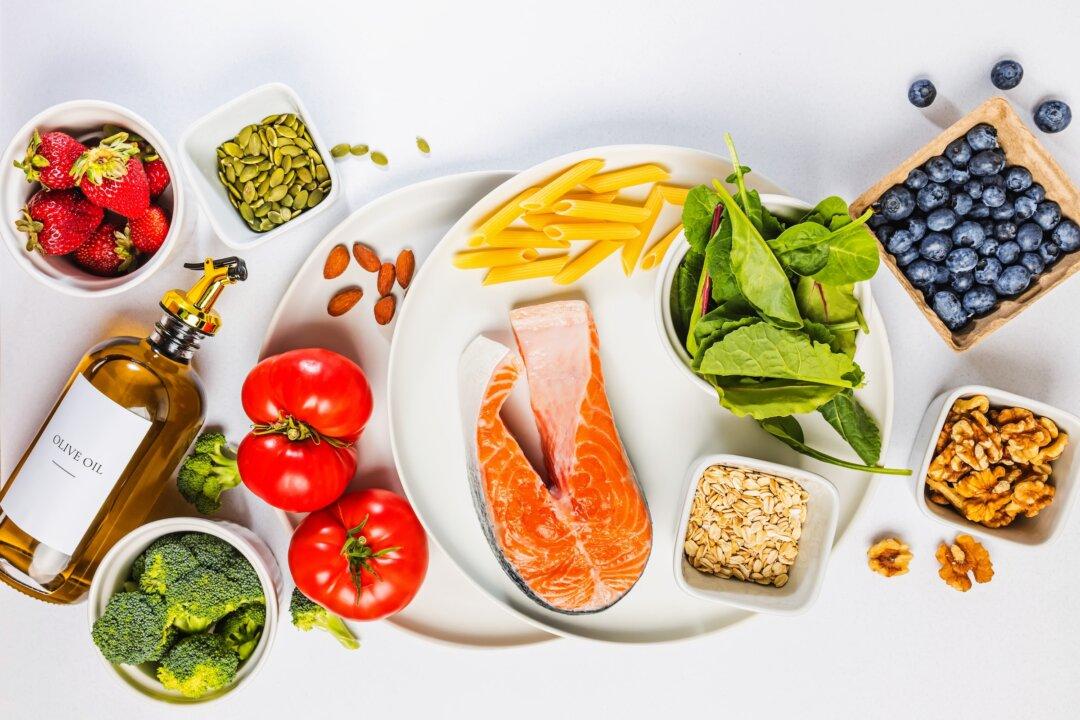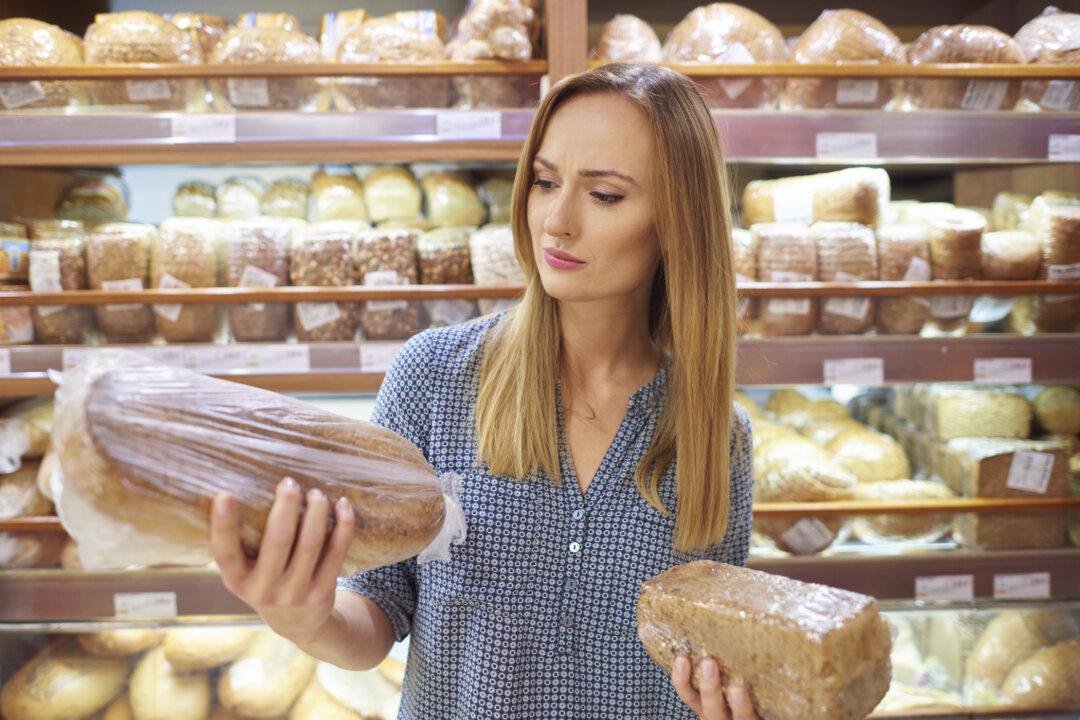The pro-inflammatory foods include sugar-added foods, sugared drinks, unfermented dairy products, mammal meat, processed meats, and fried foods.

Planting a diverse blend of crops and cover crops, and not tilling, helps promote soil health.
|Updated:
Sports medicine doctor, fitness guru and long-time radio host Gabe Mirkin, M.D. brings you news and tips for your healthful lifestyle. A practicing physician for more than 50 years and a radio talk show host for 25 years, Dr. Mirkin is a graduate of Harvard University and Baylor University College of Medicine. He is one of a very few doctors board-certified in four specialties: Sports Medicine, Allergy and Immunology, Pediatrics and Pediatric Immunology.
Author’s Selected Articles




